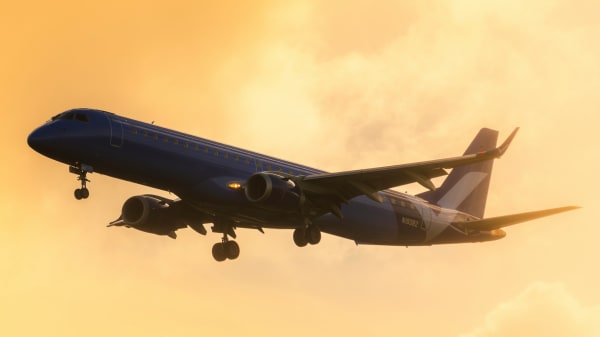Understanding the Role of Flight Dispatchers in Aviation
Flight dispatchers, often simply referred to as 'dispatchers', are a crucial part of the aviation industry. Despite their critical role, the work they do is often underappreciated and overlooked. Without dispatchers, however, the aviation industry would not be able to function safely or efficiently. In fact, a flight dispatcher's role is of equal importance to a pilot's in ensuring a successful flight operation.
What is a Flight Dispatcher?
A flight dispatcher is a certified and licensed aviation professional who is responsible for coordinating every aspect of a flight's planning and monitoring. They are also referred to as aircraft dispatchers or flight operations officers. Dispatchers play a crucial role in maintaining safety regulations, aircraft selection, fuel management, planning routes, and monitoring weather conditions.
The Role and Responsibilities of a Flight Dispatcher
Flight dispatchers are the unsung heroes of the aviation sector, ensuring the smooth and timely operation of each flight. They perform various responsibilities before, during, and after a flight operation. The key roles and responsibilities of a flight dispatcher are as follows:
Flight planning: Flight dispatchers use their expert knowledge to plan the most efficient route for each flight considering weather conditions, aircraft performance abilities, and fuel requirements.
Aircraft selection: Flight dispatchers are also responsible for determining the most appropriate aircraft for each flight according to the flight plan, passenger numbers, and cargo weight.
Fuel management: Determining the right amount of fuel for each flight is another vital flight dispatcher role. They must ensure the aircraft carries enough fuel to meet legal safety requirements and to handle any unforeseen circumstances.
Safety compliance: Flight dispatchers are crucial in ensuring each flight's safety by observing and adhering to FAA (Federal Aviation Administration) and international aviation safety regulations.
Flight monitoring: Throughout the flight, dispatchers stay in constant contact with the pilots. Using specialized equipment, they track the flight's progress and inform pilots of any weather changes or emergencies on the ground that may affect the flight.
Emergency response: If an emergency occurs, flight dispatchers are expected to respond quickly and decisively. They would assist the pilots and ground teams in mitigating the issue and ensuring passengers’ safety.
Necessary Skills for a Flight Dispatcher
Given the demanding nature of their job, flight dispatchers need a unique combination of skills and competencies. These required skills include:
Excellent communication skills: Flight dispatchers need to communicate effectively and efficiently with multiple parties, including pilots, ground staff, and air traffic controllers.
Decision-making skills: Dispatchers are often required to make critical decisions under high-pressure situations. Therefore, strong decision-making skills are crucial.
Attention to detail and organization: Flight dispatchers need to process and manage a large amount of data and information for each flight. Being organized and having high attention to detail is crucial.
Understanding of weather patterns: Dispatchers constantly monitor the weather conditions on the aircraft's route. Therefore, having a strong understanding and interpretation of weather patterns is essential.
Knowledge of aviation regulations and flight theory: Flight dispatchers need an in-depth knowledge of both FAA and international aviation regulations. They also need to understand the principles of flight theory.
Technical capabilities: Flight dispatchers need specialist knowledge of flight operations and flight planning software. They should also be familiar with different types of aircraft and their capabilities.
Training and Qualification for Flight Dispatchers
Becoming a flight dispatcher requires both theoretical learning and practical training. The FAA mandates that individuals wishing to become licensed flight dispatchers must be at least 23 years old, and successfully complete an approved course of training that includes an examination. This course covers a wide range of topics, including meteorology, navigation, and air traffic control procedures, among others. After successfully completing the course, individuals must then pass an FAA practical exam where they demonstrate their knowledge and skills.
The Impact of a Flight Dispatcher's Role in Aviation
Flight dispatchers make an enormous impact every day on the productivity and safety of air travel. Their in-depth expertise of flight operations ensures that every flight arrives at its desired destination on time and without complications. Additionally, by monitoring weather conditions and making necessary adjustments, they contribute to a safer flying experience for passengers and crew.
Despite working behind the scenes, dispatchers play a pivotal role in the aviation industry. They are called the 'pilot on the ground' for a reason, as without their expert planning and decision-making skills, a flight wouldn't be able to take off or land safely.
In conclusion, though it’s a demanding job, being a flight dispatcher is also immensely rewarding. Dispatchers are an essential link in the chain of operations that ensure thousands of passengers safely reach their destinations every day. They truly play a significant part in the fascinating world of aviation.




